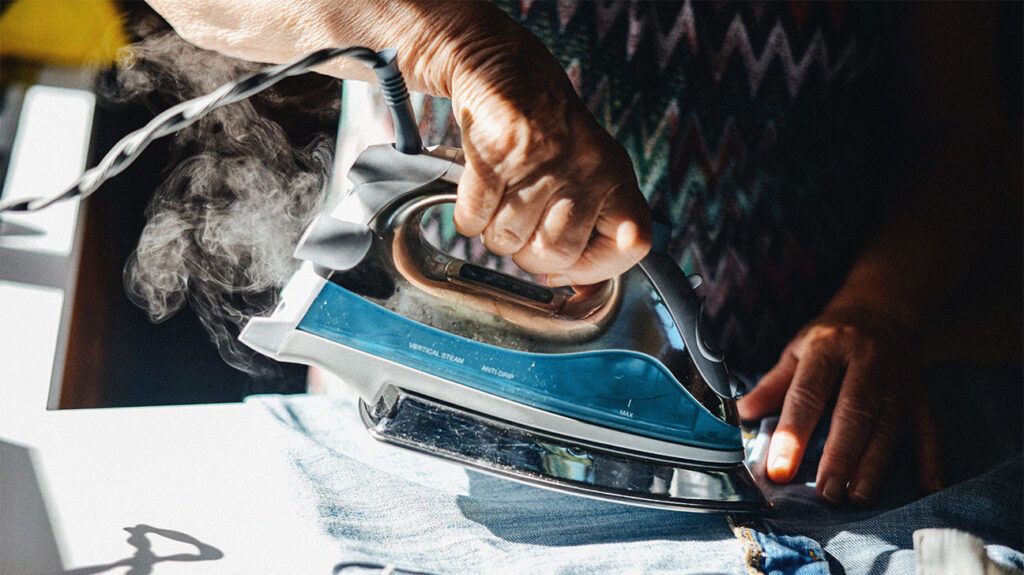Seropositive rheumatoid arthritis (RA) is the most common type of RA. It means there are certain antibodies present in the blood of someone with RA.
These detectable antibodies are known as anticyclic citrullinated peptides (anti-CCPs) and rheumatoid factors (RF). Scientists associate these antibodies with joint inflammation.
The presence of anti-CCPs and RF antibodies can help doctors diagnose seropositive RA. The antibodies are not detectable in people with another, less common type of RA, known as seronegative RA.
There is no cure for seropositive RA, but treatment can help manage the symptoms, minimize damage to the joints, and slow the progression of the disease.
This article looks at what seropositive RA is, its severity, symptoms, and more.
Rheumatoid arthritis resources
Visit our dedicated hub for more research-backed information and in-depth resources on rheumatoid arthritis.

RA is a chronic inflammatory disease that affects the joints.
RA is an autoimmune disease. This means that it occurs because a person’s immune system mistakenly attacks healthy cells in the joints. This can cause stiffness, pain, and inflammation in the joints, as well as other symptoms such as fatigue.
Seropositive and seronegative are the two main subtypes of RA.
In seropositive RA, doctors can detect high levels of anti-CCP antibodies in the blood, which are specific markers for RA. As part of the dysfunctional autoimmune response of RA, the immune system produces the anti-CCP antibodies.
Doctors may also detect high levels of RF antibodies in someone with RA. However, anti-CCP antibodies usually appear before RF and are more sensitive and specific for RA.
Most people who have detectable levels of anti-CCPs also have RF. However, RF antibodies alone can indicate a variety of other health conditions besides RA, including infection.
A doctor will typically test for anti-CCPs to help them diagnose seropositive RA, and may combine these with tests for RF.
Seropositive RA is the more common type of the disease. According to The Arthritis Foundation, 60% to 80% of people with RA have anti-CCPs.
People with seronegative RA do not have detectable levels of anti-CCPs or RF in their blood. The disease has similar symptoms to seropositive RA and also occurs due to an autoimmune response.
Some people with seronegative RA may develop anti-CCP and RF later, although most remain seronegative.
Scientists
Some studies suggest that seropositive RA
The severity and outlook of seropositive RA can depend on various factors and may differ between individuals. The disease can become more serious in the later stages.
There are four stages of RA:
- Stage 1: The immune system mistakenly attacks healthy cells in the lining of the joints.
- Stage 2: The immune system produces antibodies, including anti-CCP, which cause inflammation and other symptoms.
- Stage 3: Joint deformity can occur, which may cause more severe pain and limit a person’s mobility.
- Stage 4: The disease causes severe symptoms, which can be disabling.
The disease has no cure, but treatment can help a person manage the symptoms.
The outlook for people with RA
Seropositive RA can cause symptoms in the joints and other general symptoms.
Joint symptoms can include:
General symptoms can include:
- fatigue and lethargy
- weakness
- sweating
- loss of appetite and weight loss
- a high temperature or fever
- unsteadiness
- loss of mobility
Learn moreLearn more about the symptoms of RA.
Treatment for seropositive RA can help
RA treatment typically includes a combination of medications and physical and occupational therapy. Some people with RA may require surgery.
- Medications to help slow RA progression: Medications for RA typically include disease-modifying antirheumatic drugs (DMARDs), which suppress the immune system and control inflammation, and biologics, which prevent certain immune system actions.
- Medications to help manage RA symptoms: A doctor may prescribe corticosteroids, nonsteroidal anti-inflammatory drugs (NSAIDs), or both, to reduce pain and inflammation, as well as other pain-relieving medication.
- Physical and occupational therapy: Physical therapy can help improve joint flexibility and muscle strength, which may help a person manage RA symptoms. An occupational therapist can provide training, advice, and devices to help a person protect the joints and perform difficult tasks.
- Surgery: Types of surgery for RA include arthroscopy to remove inflamed joint tissue, joint replacement, and surgery to correct joint problems in the hands and wrists, such as carpal tunnel release.
Learn moreLearn more about RA treatments.
Seropositive is the most common type of rheumatoid arthritis (RA). A person with this type of RA has detectable levels of antibodies known as anticyclic citrullinated peptides (anti-CCPs) and rheumatoid factors (RF) in their blood.
The severity and outlook for seropositive RA are variable and depend on several factors. These include the stage of the disease and the person’s age and overall health.
Treatment for seropositive RA typically involves medications to manage the symptoms and slow disease progression, and physical and occupational therapy. Some people may require surgery.
